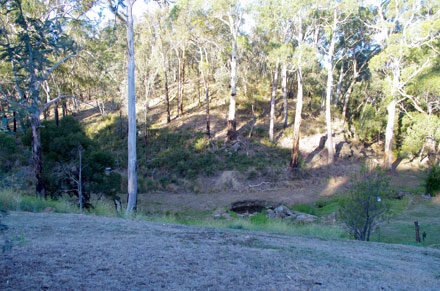
Researchers funded by timber companies and the Federal Government plan to create new business models to boost Australia’s wood stocks, using farmland. Source: The Weekly Times
But the sector’s chequered history with investment models, and lack of clear government policy means gaining farmers’ trust to sign up to new, farm forestry programs would be a significant hurdle.
This is according to researchers, consultants and farmers.
Professor Rod Keenan, project leader of the University of Melbourne’s two-year $900,000 project, said any new schemes must be built on long-term partnerships between landowners and forestry companies.
There were lessons to be learned from Managed Investment Schemes of the 2000s — driven by tax benefits and capital gains credits — which were “not desirable, there was lot of social push-back”, Prof Keenan said.
“This is recognised by the industry.
“The future lies in integrating industries (farming and forestry). There is a large area of farmland in Australia where different types of planted forest could be integrated with existing agriculture.”
The project would “test different approaches” in two Victorian pilot areas: Colac-Otway and Gippsland.
Agribusiness Valuations Australia consultant Sam Paton said farmers were “understandably very cynical” about agroforestry after the “monoculture mess of bluegums” created by the “appallingly lax MIS legislation, put in without any oversight”.
“That distrust will be very hard to mend,” he said. “Any new scheme should not have government overlays that give upfront deductions; that is what attracts the blowflies and causes distortions.”
Lismore farmer and timber grower Andrew Lang said the study was “reinventing the wheel”.
Much planning to develop agroforestry had already been done, he said, but had lapsed due to “negligence” by state and federal governments.
Growers needed clear strategies and consistent policies, preferably including saleable carbon offsets or credits, Mr Lang said.
But commercial timber production on a mixed farm was achievable, he said, citing his own farm which had 5% of land planted to multipurpose sawlog trees and was “almost carbon neutral”.
Deans Marsh agroforestry consultant Hugh Stewart said there was a niche for farm-based plantings of commodity species — such as radiata pine — and speciality species to produce structural timbers for domestic building. Hancock Victoria Plantations, Midway, Australian Paper, AKD Softwoods and OneFortyOne Plantations are the companies behind the study.





